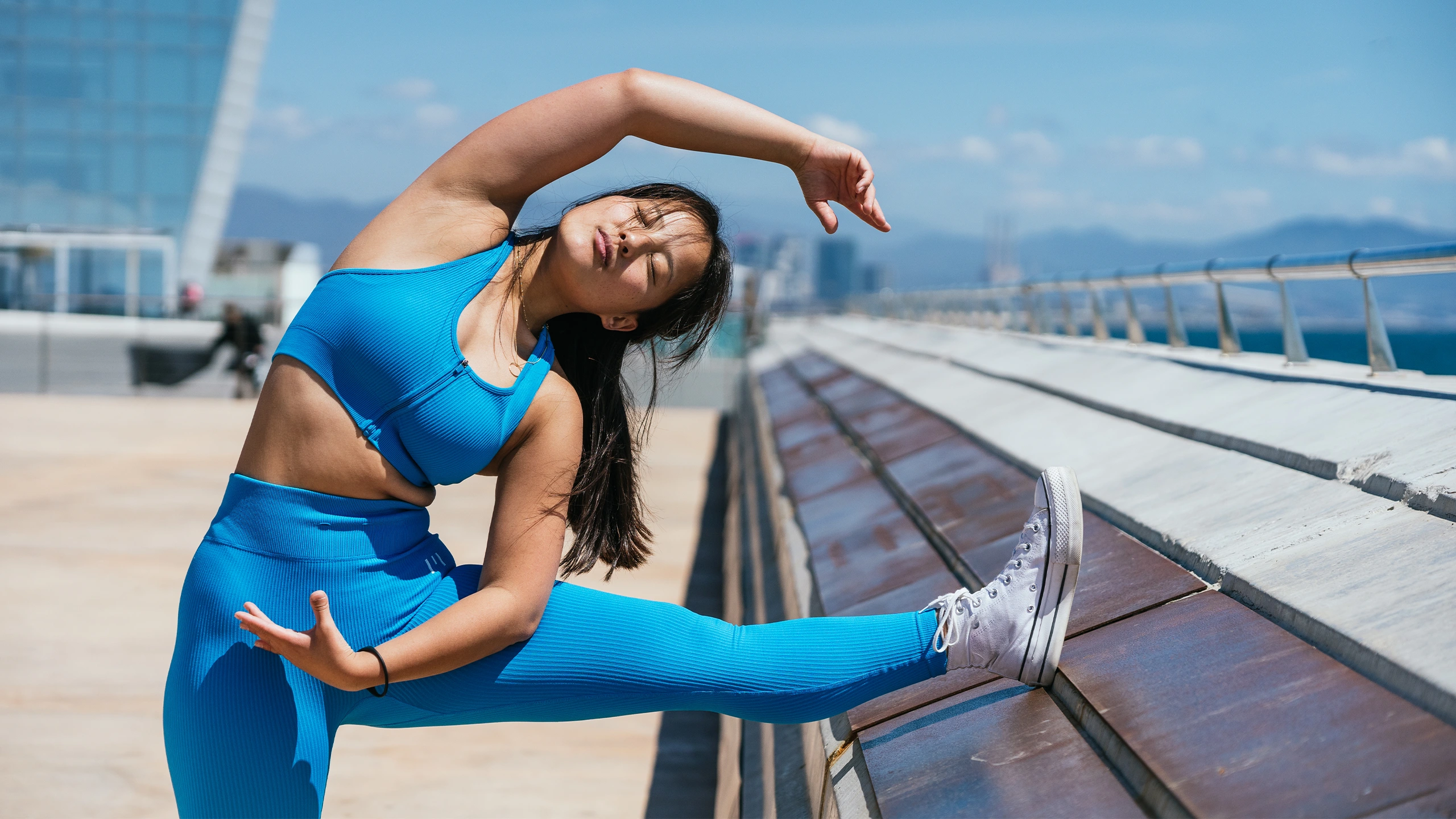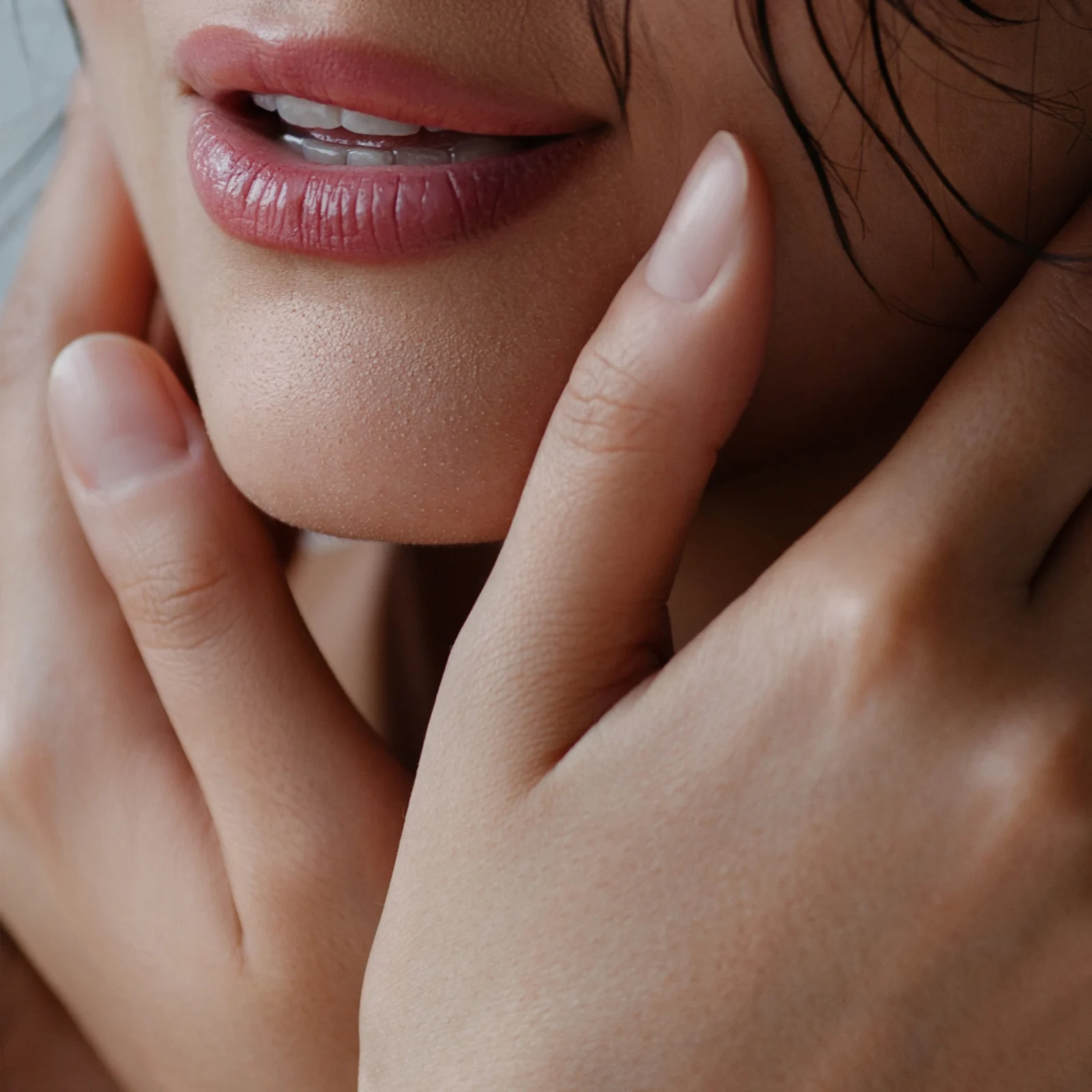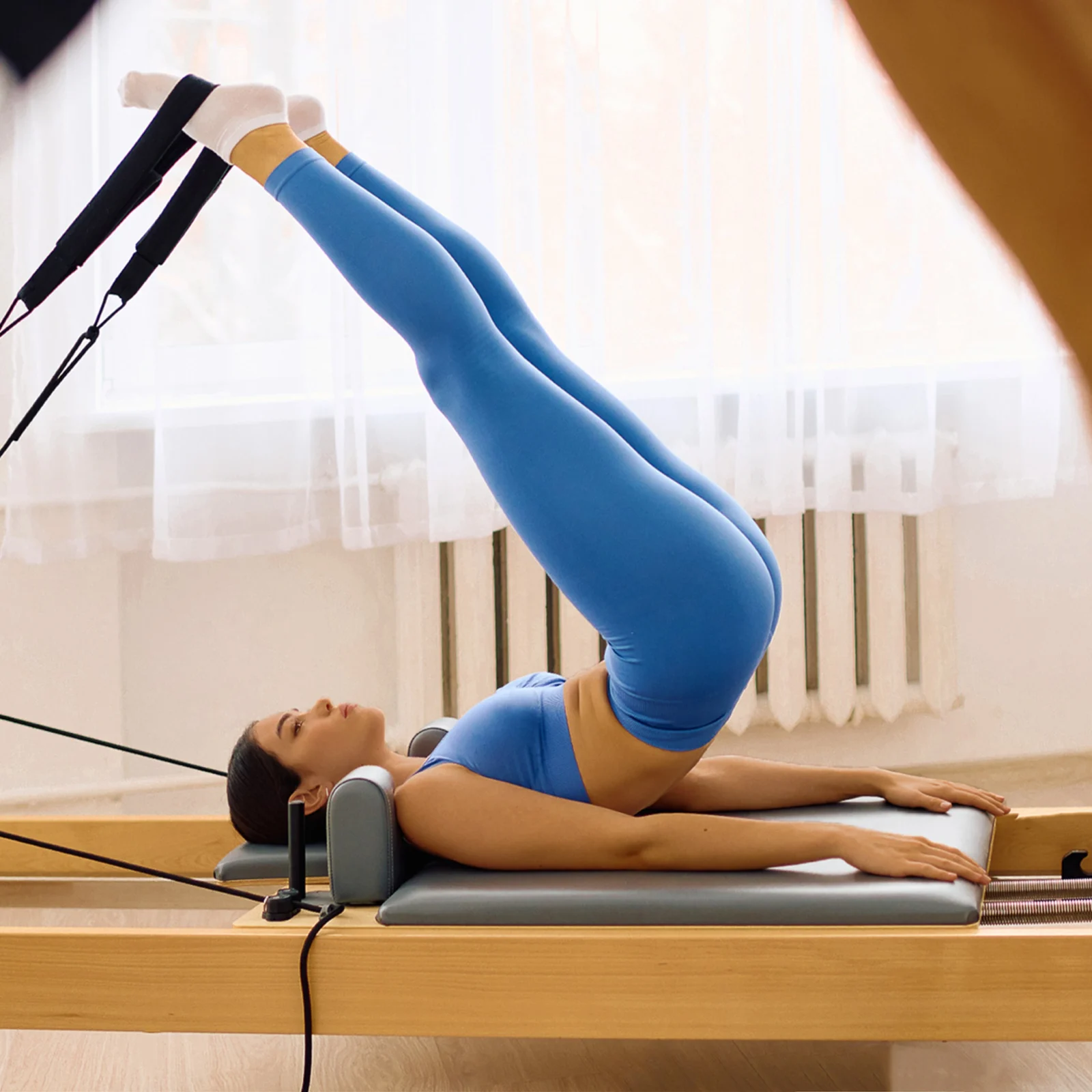When I was ten years old, I broke my arm one day in school. It’s actually a rather ridiculous story, as with most stories of childhood shenanigans, and we shall not get into the details. But what I will say is that I never quite forgot the pain of that broken bone. It was intense, and up to this day, on the unfortunate occurrence that someone I know gets into an accident and wonders if a bone was broken, I tell them, “Can you stand the pain? Because, trust me, if your bone was broken, you wouldn’t be able to stand the pain.”
I hope to never, ever, ever break any bone in my body again. I have taken steps to do so, including the promise to myself to never dance in the classroom and trip over my own feet again (oops, now you know). So, imagine my horror when I learned recently that—surprise—women can actually become more prone to broken bones as they age, even when they don’t dance, but still accidentally trip over their own feet.
Yes, it’s true. Women have once again been dealt the short end of the stick. All of those marketing campaigns for products harping on a woman’s need for calcium may actually have been on to something.
But, as always, here at Allure Philippines, we don’t depend on hearsay or catchy slogans, but instead, consult with the experts. To find out more about bone health, we spoke with orthopedic and spine surgeon Anne Kathleen Ganal-Antonio, MD, FPOA, FPSS, and OB-GYN Martha Isabelle G. Muñoz, MD, DPOGS.
What happens when bones are weak?
Basically, if you’re low in calcium or your bones are weak, you’re more prone to fractures.
“A small decrease in bone density makes you more prone to fractures called fragility fractures,” explains Dr. Ganal-Antonio. “What starts as low calcium or minor bone thinning can lead to serious complications like vertebral compression fractures, hip fractures, or wrist fractures.”
These injuries, she explains, can worsen your quality of life, and make you less mobile and less independent—which is difficult especially if you’re older. Bone diseases like the dreaded osteoporosis refer to exactly this state—when bone density or bone mass decrease, which lessen bone strength and increase the risk of fractures.
Are women more prone to bone problems than men?
The short answer is yes, women are, in fact, more prone to bone issues than men are.
Why is this so? Blame your hormones. “Estrogen is a hormone that helps protect bones, and it drops significantly after menopause, leading to faster bone loss,” Dr. Ganal-Antonio explains.
She adds that women also tend to have smaller and thinner bones than men to begin with, “so any loss in bone density affects us more profoundly.”
Is there a link between bone problems in women, and pregnancy and childbirth?
Our experts share that although there is no direct link, pregnancy and breastfeeding can affect calcium levels, which, in turn, affect bones.
“Pregnancy and breastfeeding do not directly cause long-term bone problems, but can temporarily affect calcium metabolism,” Dr. Muñoz explains. “During pregnancy, the growing fetus requires calcium for skeletal development. That’s why calcium supplements are often recommended during pregnancy—not because pregnancy causes bone disease, but to support fetal development and protect maternal bone health.”
Dr. Ganal-Antonio goes on to clarify that when a baby is developing, it draws calcium from the mother to build its own skeleton. “If the mother doesn’t get enough calcium from her diet,” she cautions, “her body may leach it from her bones.”
So while pregnancy and breastfeeding don’t have a direct impact on the mother’s bones, it may indirectly affect them through calcium levels, and whether these are high enough to support the growing fetus or the breastfeeding baby.
But how about women who do not go through pregnancy and breastfeeding? Are they still prone to bone issues?
Unfortunately, the answer is still yes. “Bone health is influenced by more than pregnancy,” Dr. Ganal-Antonio shares. “A woman who doesn’t bear children can still experience bone loss.” Menopause, she explains, is “the most critical turning point for many women, regardless of childbearing history,” and still makes women in general more vulnerable to bone problems.
Dr. Muñoz lists the factors that can affect bone health, and they include hormonal changes, aging, genetics, and lifestyle—including poor nutrition with inadequate calcium, vitamin D, and protein, a lack of weight-bearing exercise, a lack of exposure to sunlight for the vitamin D, smoking, and alcohol use.
Dr. Ganal-Antonio adds that certain medical conditions such as thyroid disorders or autoimmune conditions, and medications such as corticosteroids, also have an effect on bone health.
Can the state of your bone health manifest in other areas of your body?
According to Dr. Ganal-Antonio, yes, in your teeth. “Both bones and teeth rely on calcium and other minerals for strength. Oral health is, in fact, a useful mirror of overall bone health,” she shares.
Dr. Ganal-Antonio further explains that conditions like osteoporosis can affect the jawbone, potentially leading to tooth loss or gum disease, and that low calcium levels may manifest in dental issues. So if you’re dealing with consistent dental problems, you might want to investigate your calcium levels, and check on your bones as well.
What’s a gal to do?
Turns out that bone health is actually a lifelong task to work on, and needs to be addressed at different stages of your life. Dr. Ganal-Antonio shares a guide on what to do per life stage to ensure optimum bone health, and avoid those nasty injuries.
Teens and 20s:
Build your bone bank by eating calcium-rich foods (dairy, leafy greens, tofu), getting daily sunlight, and doing regular weight-bearing exercise (e.g., running, dancing, sports). Avoid smoking and crash diets.
30s to early 40s:
Maintain bone strength by doing resistance training, having a balanced diet, and avoiding excessive caffeine and alcohol. Get yourself tested for your baseline bone density if you suspect you are at risk.
Pregnancy and postpartum:
Take prenatal vitamins with calcium and vitamin D, especially if you breastfeed for an extended period of time.
Menopause and beyond:
This is a critical time. Get a bone density (DEXA) scan, discuss supplementation with your doctor, and stay active. Start treatment if you are diagnosed with osteoporosis. Weight-bearing exercises like brisk walking, Tai Chi, dancing and yoga, even gardening, help maintain balance and bone integrity.
Senior years:
Focus on fall prevention, adequate protein intake, and regular screenings. Home safety (e.g., having grab bars, no loose rugs, installing night lights) can make a huge difference in avoiding fractures.
Building your bones for your future
A few weeks ago, my dad, who is obviously on the older end of the age spectrum (sorry, Dad, but it’s true), took a fall while out on a walk, and suffered a bad break in his leg. He had to undergo surgery to repair the bone, and now faces several months of healing and recovery. The picture of him hobbling about their house on crutches, looking frail and frustrated at the same time, is one I hope to never recreate in my own life. And while my dad was active in his younger years, it’s apparent that age has, indeed, caught up with him, and made him more susceptible to accidents and fractures.
As a woman who, thanks to my hormones, is even more vulnerable to similar situations, it’s crucial that I take even more steps to build my personal bone health, to avoid breaking anything—again—in the future. And I’m not just stopping at vowing never to trip over my own feet while dancing—rather, I’m going the whole nine yards to make sure my bones are in tip-top condition, today and in the future.
You might also like
To provide a customized ad experience, we need to know if you are of legal age in your region.
By making a selection, you agree to our Terms & Conditions.








